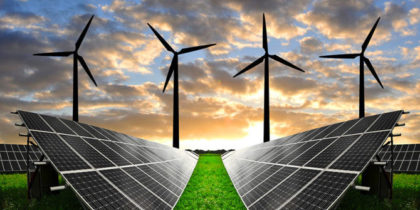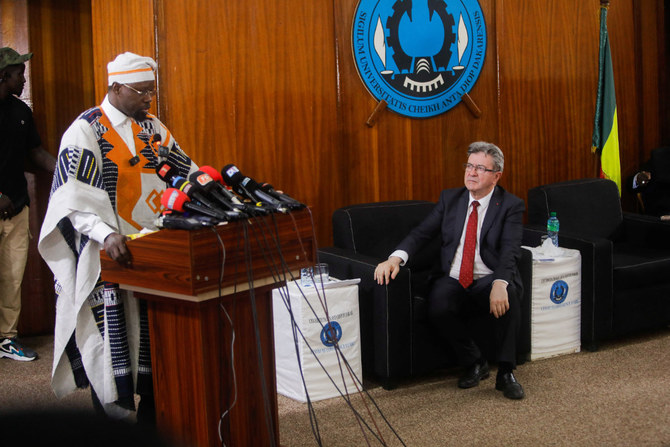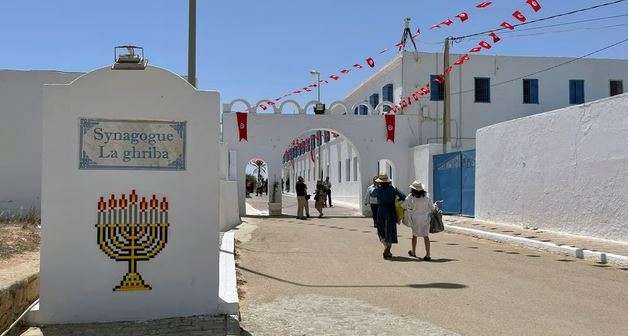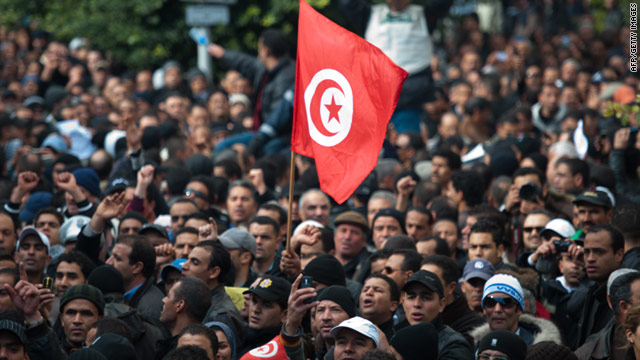 The government of Senegal is interested in learning from Tunisia best practices in matters of renewable energy production policies.
The government of Senegal is interested in learning from Tunisia best practices in matters of renewable energy production policies.
In this connection, a Senegalese team was dispatched to Tunisia to examine the pilot phase of the purchase of surplus renewable energy production from individuals implemented by the North African country.
Tunisia’s longer-term goal, as set out in the 2016 Renewable Energy Action Plan, is to have 30 percent of power needs met by renewable resources by 2030.
At present, renewable energy accounts for around 3 percent of generation capacity – most of it is wind-powered – with fossil fuel-fired plants providing the rest. Current installed capacity is 5781 MW, with demand set to increase by between 2 percent and 5 percent per annum.
In Senegal, the expansion of renewables in the energy mix is expected to lead to an increase in private investment in the sector, with independent power producers (IPPs) in particular to see a jump in activity.
Also, Tunisia’s experience could help the West African nation achieve its ambitious renewables target of the Plan Sénégal Emergent (PSE).
The PSE is a national development plan, crafted by the global consulting firm McKinsey, a well-balanced team of local experts, and the elite of Senegal’s civil service.
The Priority Action Plan of the PSE comprises twenty-seven flagship projects and seventeen major reforms, covering various sectors such as agriculture, energy, education, health, infrastructure, information communications technology, financial and tourism services.



